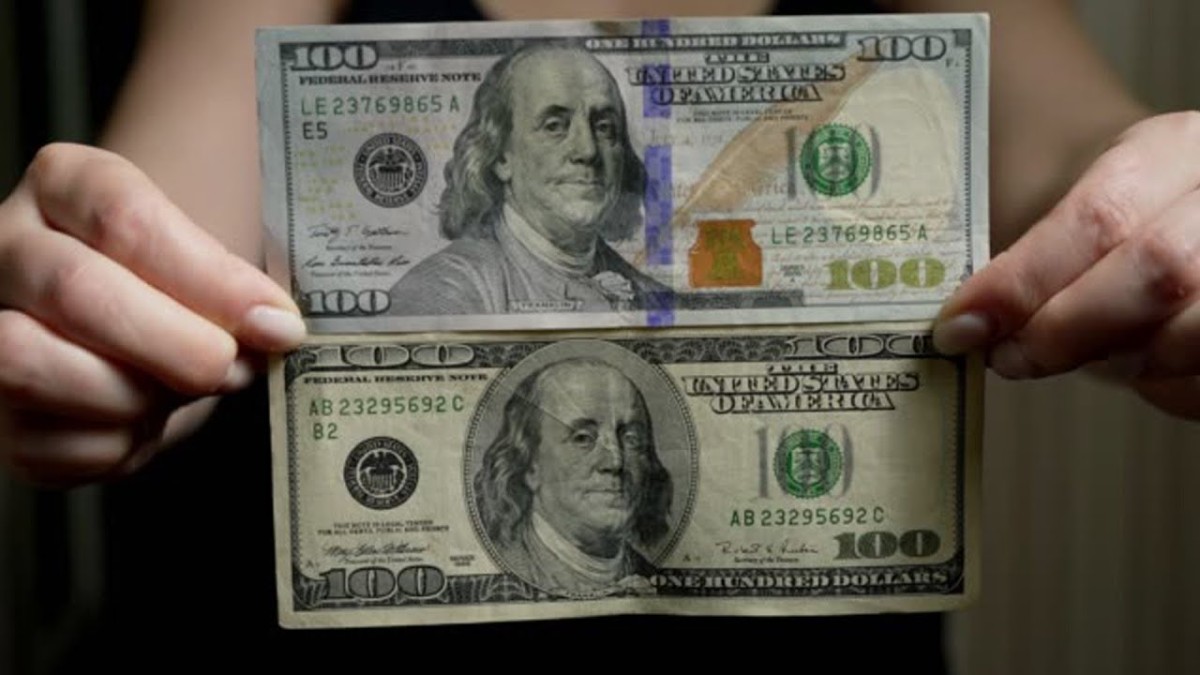Money exchange merchants in Yemen exploit citizens by distinguishing between white and blue dollars


Citizens in Yemen complained that money exchange merchants took advantage of them by distinguishing between white and blue dollars, paying them a lower price if they presented them with white dollars.
According to citizens, this exploitation occurs under the watchful eyes of the Central Bank of Yemen, which did not take any deterrent measures against these merchants.
Citizen Ali Muhammad said, “The Central Bank of Yemen issued a decision requiring that the value of the white and blue dollars be equal, but exchange traders do not adhere to this decision, and they exploit citizens by taking a lower price than the white dollar.”
He added, "This exploitation reflects negatively on citizens, who struggle to earn a living, and it is unreasonable for them to be held accountable for the color of the currency."
Citizens said, “The Central Bank of Yemen is required to take deterrent measures against money exchange merchants who exploit citizens, otherwise this exploitation will worsen and lead to more suffering for citizens.”
They added: “This is a great injustice, because the value of the white dollar is the same as the value of the blue dollar, and it is not permissible for money changers to take advantage of the war and the scarcity of foreign currencies to “embezzle” citizens’ money.”
They stressed: “This matter has become a general phenomenon in Yemen, where many citizens are exposed to fraud by money changers.”
Citizens demanded that the Central Bank of Yemen take strict measures against money changers who exploit citizens, and impose deterrent penalties on violators.
The problem of the white dollar is not known to many, as the exchange companies in several Arab countries deal with this cash currency with apprehension, and when they accept to exchange it, they offer a cash value that is less than its value, and sometimes the discount reaches a rate of 10%, meaning that every hundred dollars is exchanged for only ninety. .
There are no legal or financial justifications to explain this mood in the circulation of the white dollar, and yet it has come to govern the exchange process, while customers accuse exchange offices of manipulation and deception to achieve illicit gain.